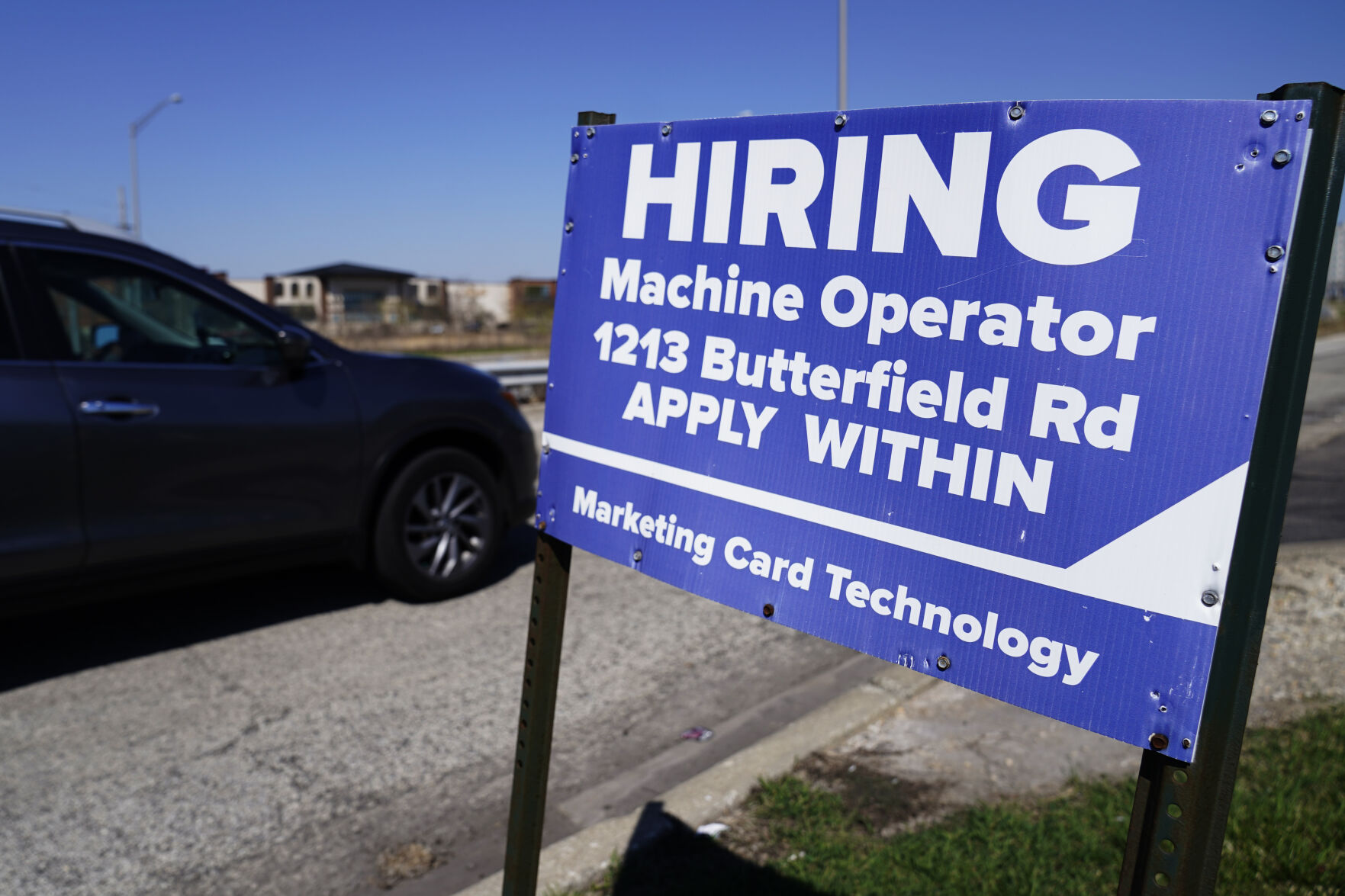The number of Americans filing for unemployment benefits rose slightly last week but remains at healthy levels that continue to show a strong U.S. labor market.
U.S. applications for jobless claims were 232,000 for the week ending May 27, an increase of just 2,000 from the previous week.
The weekly claims numbers are considered representative of the number of U.S. layoffs.
The four-week moving average of claims, which flattens out some of the week-to-week volatility, fell by 2,500 to 229,500.
Since the pandemic purge of more than 20 million jobs three years ago, the U.S. economy has added jobs at a furious rate and Americans have enjoyed unusual job security. That’s despite interest rates that have been rising for more than a year and fears of a looming recession.
In early May, the Fed raised its benchmark lending rate for the 10th time in a row in its bid to cool the economy and bring down four-decade high inflation. Part of the Fed’s goal is to cool the labor market, which still favors workers, though there have been some signs of weakness in recent months.
In April, U.S. employers added a healthy 253,000 jobs and the unemployment rate dipped to 3.4%, matching a 54-year low. But the figures for February and March were revised lower by 149,000 jobs, potentially signaling that the Fed’s rate policy strategy is starting to cool the job market.
The May jobs report comes out Friday. Analysts are forecasting that U.S. employers added 188,000 jobs in May — not a bad number, but nowhere near the average monthly hiring gains of the past three years.
In somewhat of a surprise Wednesday, the government reported that U.S. job openings rose in April, with employers posting 10.1 million job openings, up from 9.7 million in March and the most since January. Economists had expected vacancies to slip below 9.5 million.
Wednesday’s job openings report — along with layoffs data and Friday’s jobs report — could help sway Fed officials one way or the other with regard to its next rate hike move.
The Fed is hoping to achieve a so-called soft landing — lowering growth just enough to bring inflation under control without causing a recession. Economists are skeptical, with many expecting the U.S. to enter a recession later this year.
Markets are hoping that the Fed pauses rate hikes at its next meeting. Minutes from the Fed’s last meeting showed that Fed officials were split on whether to raise its benchmark borrowing rate.
Last week, the Commerce Department reported that U.S. economy grew at a lackluster 1.3% annual rate from January through March as businesses wary of an economic slowdown trimmed their inventories. That’s a slight upgrade from its initial growth estimate of 1.1%.
There have been an increasing number of high-profile layoffs recently, mostly in the technology sector, where many companies now acknowledge overhiring during the pandemic. IBM, Microsoft, Salesforce, Twitter, Lyft, LinkedIn and DoorDash have all announced layoffs in recent months. Amazon and Facebook parent Meta have each announced two sets of job cuts since November.
Outside the tech sector, McDonald’s, Morgan Stanley and 3M also announced layoffs recently.
Overall, 1.8 million people were collecting unemployment benefits the week that ended May 20, about 6,000 more than the previous week.


